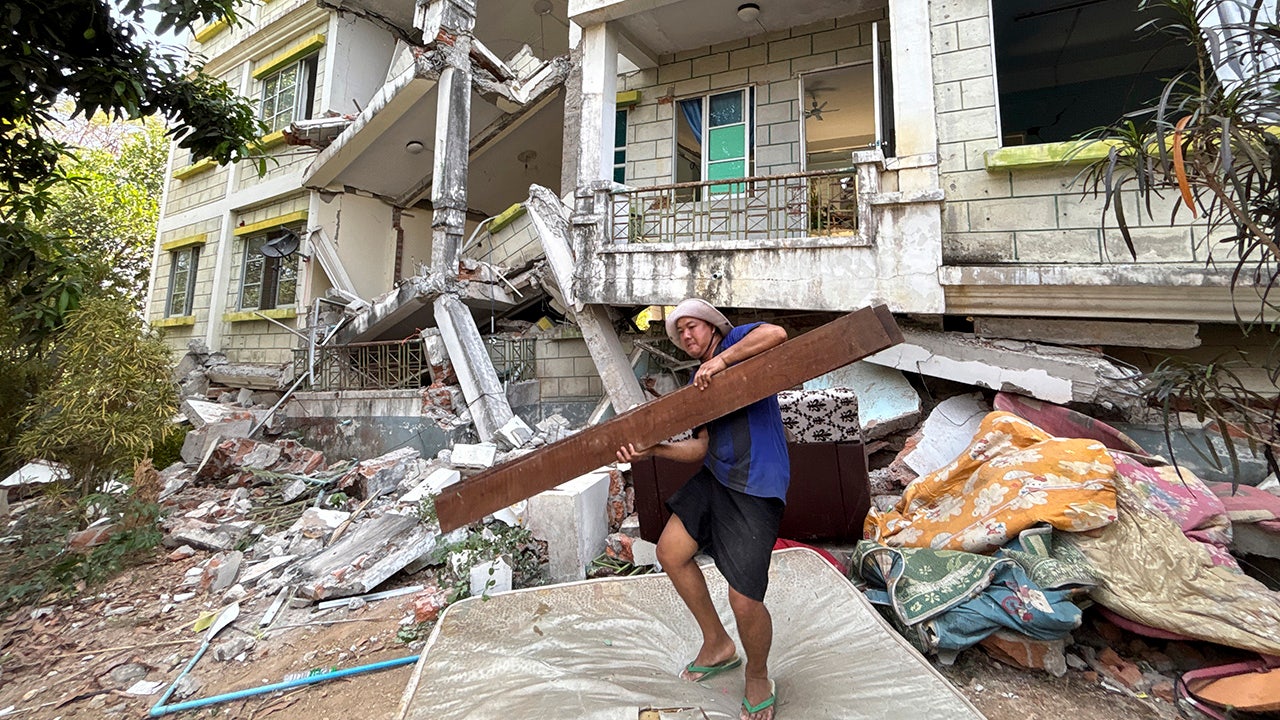Burma earthquake death toll rises to 3,085 as humanitarian crisis worsens

The devastating 7.7 magnitude earthquake that struck Burma last week has left a trail of destruction in its wake, with more than 3,000 people losing their lives and thousands of buildings reduced to rubble. The military-led government in Burma has reported that the death toll has reached 3,085, with 4,715 individuals sustaining injuries and 341 still missing.
The aftermath of the earthquake has plunged the already war-torn country into a deeper humanitarian crisis. The United Nations has highlighted the critical need for trauma care, surgical interventions, and disease outbreak treatment in the worst-hit areas. The World Health Organization has identified that four hospitals and one health center have been completely destroyed, while 32 hospitals and 18 health centers have suffered partial damage.
The risk of disease outbreaks, particularly cholera, looms large in the affected areas. The WHO is mobilizing $1 million in relief supplies, including body bags, to address the escalating health concerns. With the impending rains expected to hit the region, makeshift camps and temporary shelters have been set up to accommodate the displaced population.
International aid efforts are in full swing, with over 1,550 rescuers from around the world working alongside local teams. Seventeen countries have sent rescue supplies and equipment to support the ongoing relief operations. However, the seismic event has exacerbated an already dire humanitarian crisis in Burma, where over 3 million people were displaced from their homes even before the earthquake struck, leaving nearly 20 million individuals in need of assistance.
In neighboring Bangkok, Thailand, the search for survivors continues after a skyscraper under construction collapsed during the quake. Despite efforts to locate any remaining individuals in the rubble, no survivors have been found as of yet. The governor of Bangkok has reported that a possible sound of life was detected, raising hopes for potential survivors.
The earthquake has underscored the urgent need for international solidarity and support in addressing the multifaceted challenges facing Burma. As the country grapples with the aftermath of the disaster, concerted efforts are required to provide essential aid, healthcare services, and shelter to those in need.
The Associated Press has contributed to this report, shedding light on the ongoing developments in the region. Amidst the devastation and loss, communities are coming together to support one another and rebuild amidst the ruins. The road to recovery will undoubtedly be long and arduous, but with global assistance and solidarity, Burma can begin to heal and rebuild.




